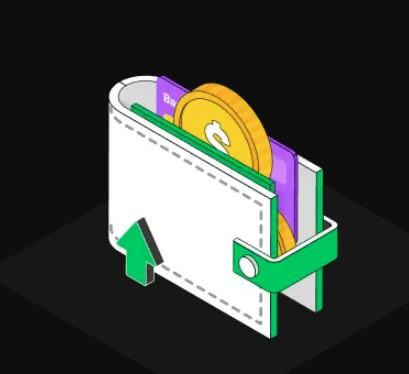New to Forex trading? Learn what Forex is, how to trade profitably, and key strategies for beginners. Discover essential terms with real-life examples and start trading smarter with Tradewill. Open your free account today!
Key Points for this blog:
The Forex market is the global marketplace for exchanging national currencies.
It is the largest and most liquid asset market, with currencies traded in pairs (e.g., EUR/USD).
The market includes spot and derivatives markets, offering options like forwards, futures, and currency swaps.
Participants use Forex for hedging, speculation, and portfolio diversification.
Online Forex trading opens opportunities but also risks for unprepared traders, especially with complex terminology.
This guide will help you get started in Forex trading, from choosing a broker and making your first trade to developing a strategy and managing risk.
What is the Forex Market?
The Forex market is where currencies are traded. What makes it unique is the absence of a central market. Instead, currency trading occurs electronically through over-the-counter (OTC) transactions. All trades are conducted through computer networks that connect traders worldwide.
The major markets are open five days a week, 24 hours a day (from Sunday at 5 p.m. Eastern Time to Friday at 4 p.m. Eastern Time). While currencies are traded around the world, most of the trading happens in major financial centers. The 24-hour trading day starts in the Asia-Pacific region, moves to major European hubs, then shifts to North America, and ends with the U.S. trading session. The Forex market remains highly active at all times, with prices constantly changing.
How Does the Forex Market Work?
The Forex market is one of two markets that operate 24 hours a day, five days a week (the other being cryptocurrencies, although the crypto calculator profit market also does not close on weekends). Traditionally, the Forex market was dominated by institutional firms and large banks, but over the last decade, it has seen significant growth in popularity among retail traders. However, a word of caution: the influx of new traders has also attracted fraudsters seeking to exploit those with less knowledge.
Where Does Forex Trading Happen?
No Physical Exchange: The Forex market doesnÕt have a physical building for trading; it operates electronically via connected trading terminals and computer networks.
Global Participation: Participants include institutions, commercial banks, financial product banks, and retail investors around the world.
Who is Trading in the Forex Market?
Historically Large Players: In the past, Forex trading was mostly done by multinational companies, hedge funds, and high-net-worth individuals.
Current Participants: While commercial and investment banks remain the major players, both professional and retail investors now have access to trading currencies.
What is Forex Trading?
The core of Forex trading is capturing the changes in the value of currency pairs. For example, if you believe that one currency will appreciate against another, you would buy the first currency and sell the second one at a higher price. This process allows traders to profit margin calculator from the fluctuations in the relative values of currencies.
In addition to speculative trading, Forex trading is also used for hedging purposes. Individuals and businesses use Forex trading to protect themselves from unfavorable currency fluctuations. For example, a company operating in another country might use Forex trading to hedge against potential losses caused by exchange rate movements.
By engaging in Forex trading, companies can lock in favorable exchange rates in advance, reducing financial uncertainty and ensuring that the cost of foreign currency remains stable. Hedging Forex risk has become an essential part of international business today.
Key Points:
Speculative Trading: Traders aim to profit from currency value fluctuations by buying one currency and selling another.
Hedging: Forex trading is used by businesses and individuals to protect against unfavorable currency movements, especially in international business.
The Zero-Sum Nature of Forex Trading
Forex trading is a zero-sum game: for every winner, there is a loser. Successful traders aim for modest but steady returns rather than trying to get rich quickly. The goal is to manage risk and make informed decisions based on market analysis.
High Liquidity and Leverage
One of the key features of Forex trading is its high liquidity, meaning that currencies can be bought and sold easily without significantly affecting their value. Traders also have the opportunity to use leverage, which allows them to control larger positions with relatively smaller amounts of capital. However, leverage can also magnify losses, making it essential for traders to have the necessary knowledge, strategy, and risk awareness.
Global Market Influences
Forex trading is inherently global, covering financial centers around the world. This means that currency values are influenced by various international events. Economic indicators such as interest rates, inflation, geopolitical stability, and economic growth can have a significant impact on currency prices. For example, if a countryÕs central bank raises interest rates, the value of the country's currency might rise due to the increased return on investments in that currency.
Similarly, political uncertainty or poor economic growth prospects can lead to currency depreciation. These interconnected exchange rate relationships (where some currencies appreciate while others do not) reflect global economic and political developments, making Forex trading a mirror of the worldÕs economic and political landscape.


